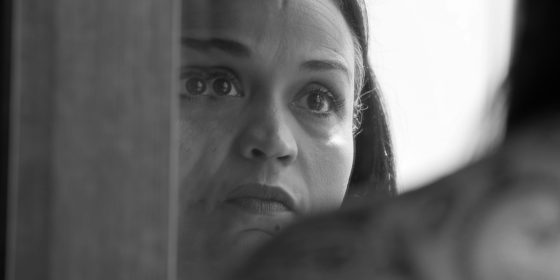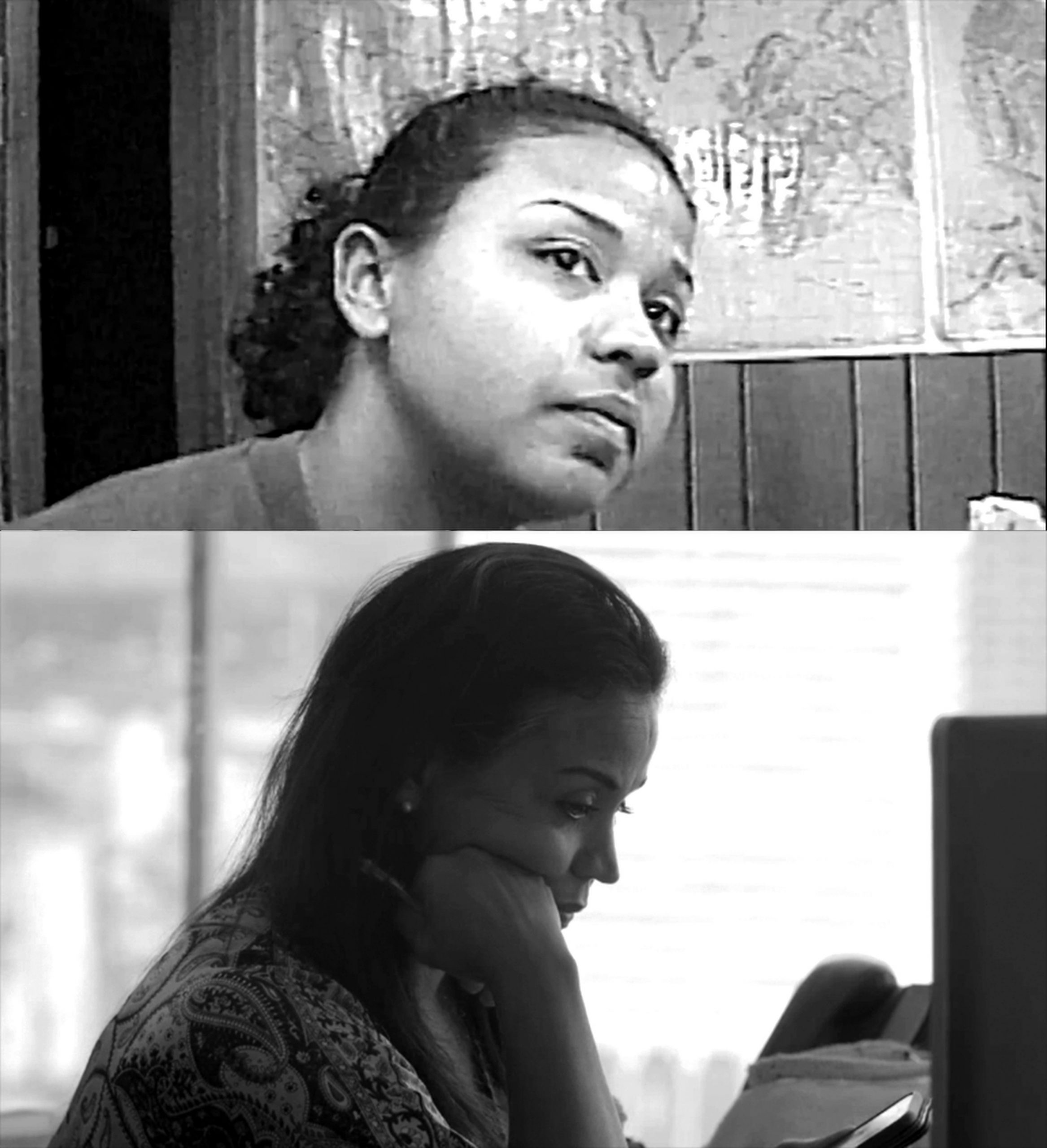Time – London Film Festival 2020 – Film Review

Affecting, honest and beautifully filmed, Time draws its audience into the world of the engaging Sibil Fox Richards who fights for her husband’s release from prison. Such a sensitive and elegant portrait as Time focuses on that familial love and bond rather than the harsh conditions of incarceration. Time frames that persistent battle against injustice within the parameters of the love that oozes from every scene that Fox Richards narrates. Deservedly so, Time was the recipient of several awards including the Directing Award at Sundance and the Golden Eye from Zurich Film Festival. Time also featured within the BlackStar Film Festival 2020.
Time operates as a factual excerpt of performance poetry; Fox Richard’s dulcet tones are hypnotising as the voiceover. As an abolitionist and public speaker Fox Richards captivates onscreen and Time is her story as it reflects her love for her husband, Robert, and the continual struggle for freedom. Set against the tale of the enforced separation of the family, due to a lengthy prison sentence of armed robbery for 60 years, Time also presents a glimmer of hope. Fox Richards lobbies the various legal representatives to review her husband’s case and the camera lingers on Fox Richards sensitively at such moments of frustration and despair.

The sense of injustice is conveyed effectively through the expressive Fox Richards with minimal camera movement or editing required. There is the sense that Fox Richards has been actively involved with the style of editing given that her personal video messages are interspersed throughout the film providing weight to their love story as the childhood sweethearts that made a life changing mistake.
This delicate depiction of the background to Robert’s imprisonment, and it is also revealed that Sibil was also imprisoned for a shorter sentence, is testament to Garret Bradley’s masterful direction. Bradley is respectful of the subjects of this documentary and the approach is non-judgemental and rhythmic. Time has a musicality within it that complements the non-diegetic score of smooth string music and resembles a fictional love story in its style. The flashbacks over the twenty-year span of Robert’s incarceration illustrate all of those missed family opportunities, with Sibil giving birth to twins, and the progress of their six boys. The impact of the lack of a father figure for these boys is not fully explored as they appear to grow up to be well-rounded which is to Fox Richards credit. However, it is an ongoing phenomenon within the black communities of fathers being absent within their children’s lives due to receiving harsher prison sentences. The effect is devastating on families as Time illustrates and Fox Richards reflects upon this, ‘little did I know that my family had everything that it needed, we had each other.’

Time follows Fox Richards along car journeys and whilst filming a commercial regarding transportation and it is uplifting observing her spirit and positivity throughout. She questions the dilatory nature of the administrative aspects of the legal system and we equally view personal activities such as Fox Richards at the hairdresser or putting on mascara; Time portrays that intimacy with the subjects. Heartbreaking and joyous in equal measure is witnessing the graduation of the twin sons, Freedom and Justice, that Robert had not seen grow into men. Poignantly, Justice places this notion of time into context, ‘time is what you make of it’ and ‘time waits for no man’ whilst the underlying sense within Time is that time is indeed running out as Robert and Sibil become older. Admirably, Sibil had remained patient through all of those years which is reflective of her strength of character as others may not have reacted in a similar manner in her position.
That sense of empowerment therefore pervades Time and one rousing scene of quick edits of Fox Richards’ impassioned speeches is very emotional to watch but evokes that sense of hope. That hope is the belief that change within a rigid system may be achievable. Images of Mary J Blige, actress and singer, on the screen talking about her struggles is a highly effective technique from Garrett and many women can identify with that personal trauma. Indeed, Fox Richards is moved by such discussions and it is certainly a moment to keep the tissues nearby.
Time is Bradley’s feature debut, and it is a poetically filmed love story depicting injustice which will be moving to many. The cinematography is also stunning with panoramic views of lakes and clouds adding to the sense of beauty within the film’s style. It is a remarkable debut and truly relevant in its examination of the forced separation of families within the black communities and the need for reform. Time interweaves that sense of triumph and hope within its message as ultimately Time tells us to ‘never give up.’

